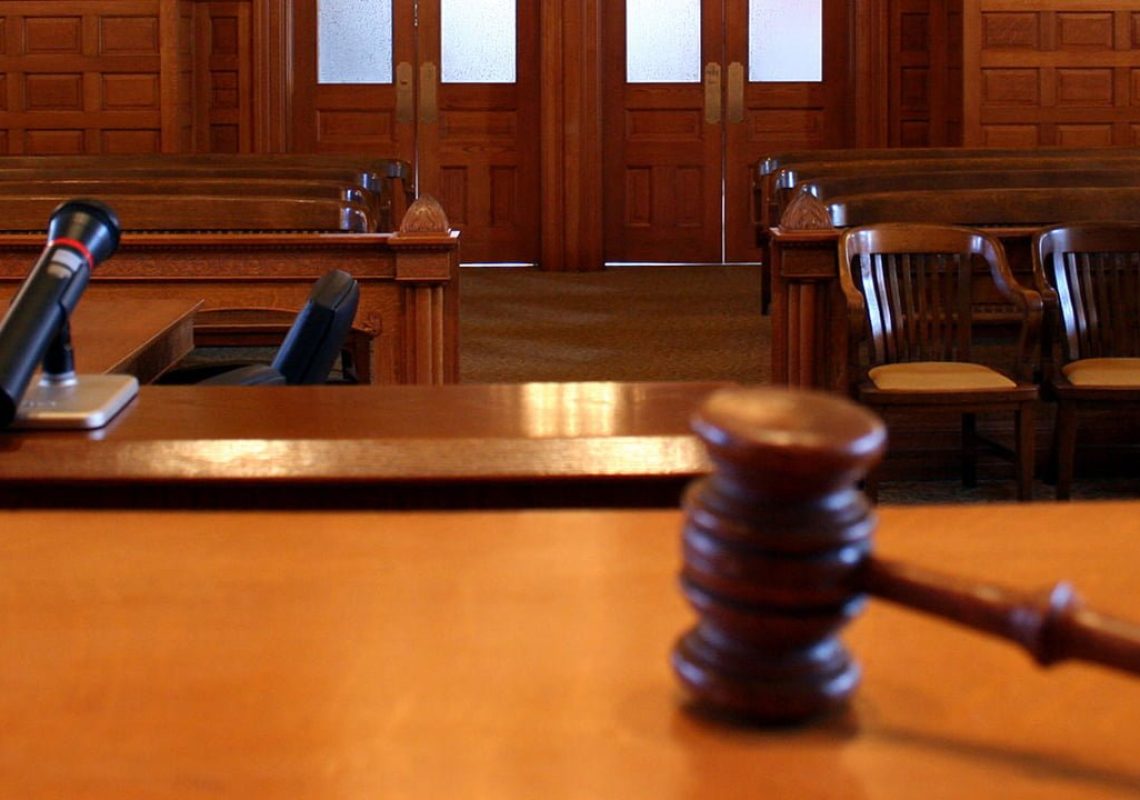A sharply divided Washington Supreme Court on Thursday ruled that a man who was previously convicted of a sex offense and other crimes can be licensed as an attorney.
The 5-4 decision clears the way for Zachary LeRoy Stevens, who graduated from Arizona State University’s law school in 2018, to practice law in Washington.
The opinion said Stevens had a difficult childhood in Utah and sought refuge online, where in 2006 he sent pornographic images of minors to a detective posing as a 14-year-old. He was charged in 2010 with four counts of sexual exploitation of a minor and pleaded guilty to the reduced charge of voyeurism, which required him to register as a sex offender.
The opinion said Stevens had been “convicted of multiple serious crimes,” including a 2006 plea related to drug charges and a 2013 impaired driving plea. The Arizona State Bar Association had rejected Stevens’ application to practice there.
Stevens’ Seattle-based attorney Kevin Bank on Thursday said his client has been on a “long journey” to become a lawyer.
“Like many other talented lawyers who have struggled to be admitted to the Bar, he fully acknowledges that his youthful misconduct was serious but also that it should not define him,” Bank said.
In a statement, the Washington State Bar Association said it is “pleased that the case was resolved in a manner that protects the public and respects the rights of the applicant.”
The Washington bar had recommended denial of Stevens’ application for failure to pass its character and fitness review, a standard to ensure lawyers are morally fit to practice. But the state supreme court rejected that decision Thursday.
“Like all of us, Stevens is more than the sum of the worst moments of his life,” the majority opinion said. Stevens has “turned his life around,” it said, getting married, going to college, and graduating from law school.
In a dissenting opinion Thursday, four justices said the majority was wrong to discount the Arizona bar’s denial of Stevens’ application and had opened the doors for would-be lawyers who are unfit.
“I believe the majority creates a substantially lower standard compared to other states, which will encourage forum shopping by those with serious criminal records,” Justice Barbara Madsen wrote in the dissent.
In 2014, the Washington Supreme Court approved the state bar’s recommendation to allow convicted bank robber Shon Hopwood to sit for the bar exam and be admitted if he passed. Hopwood is now a professor at Georgetown University Law Center and a member of the U.S. Supreme Court bar.
Hopwood went on to represent Tarra Simmons in her successful 2018 bid to be allowed to take the bar exam and join the Washington bar, despite previously serving 30 months in prison for drug and theft crimes. Simmons is now a Washington state lawmaker and criminal justice reform advocate.
Simmons and Hopwood filed amicus briefs supporting Stevens in his case.






